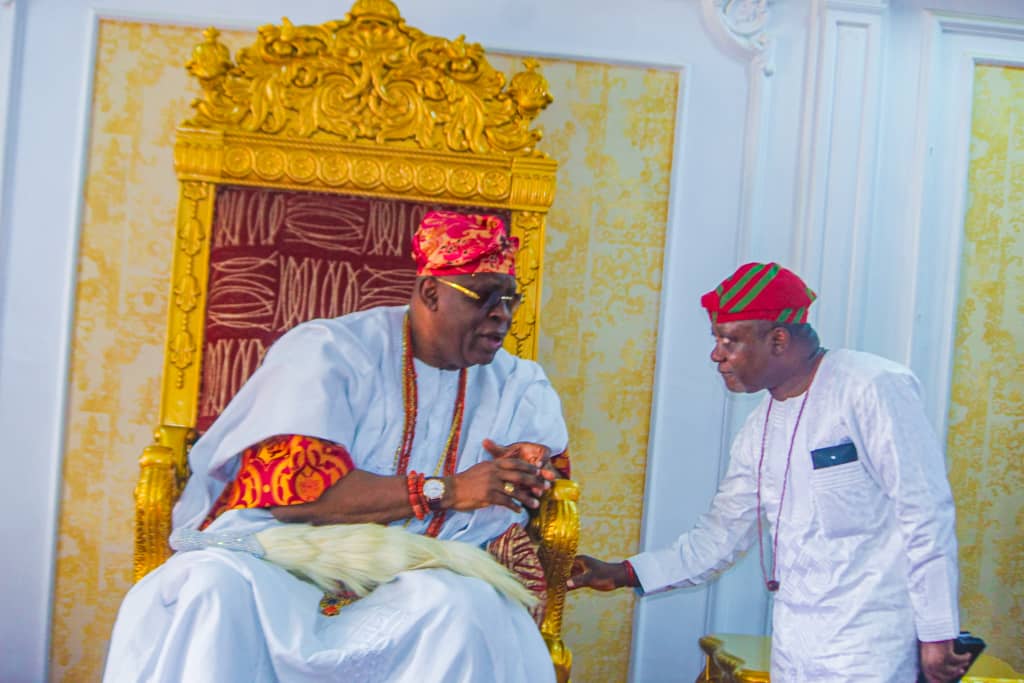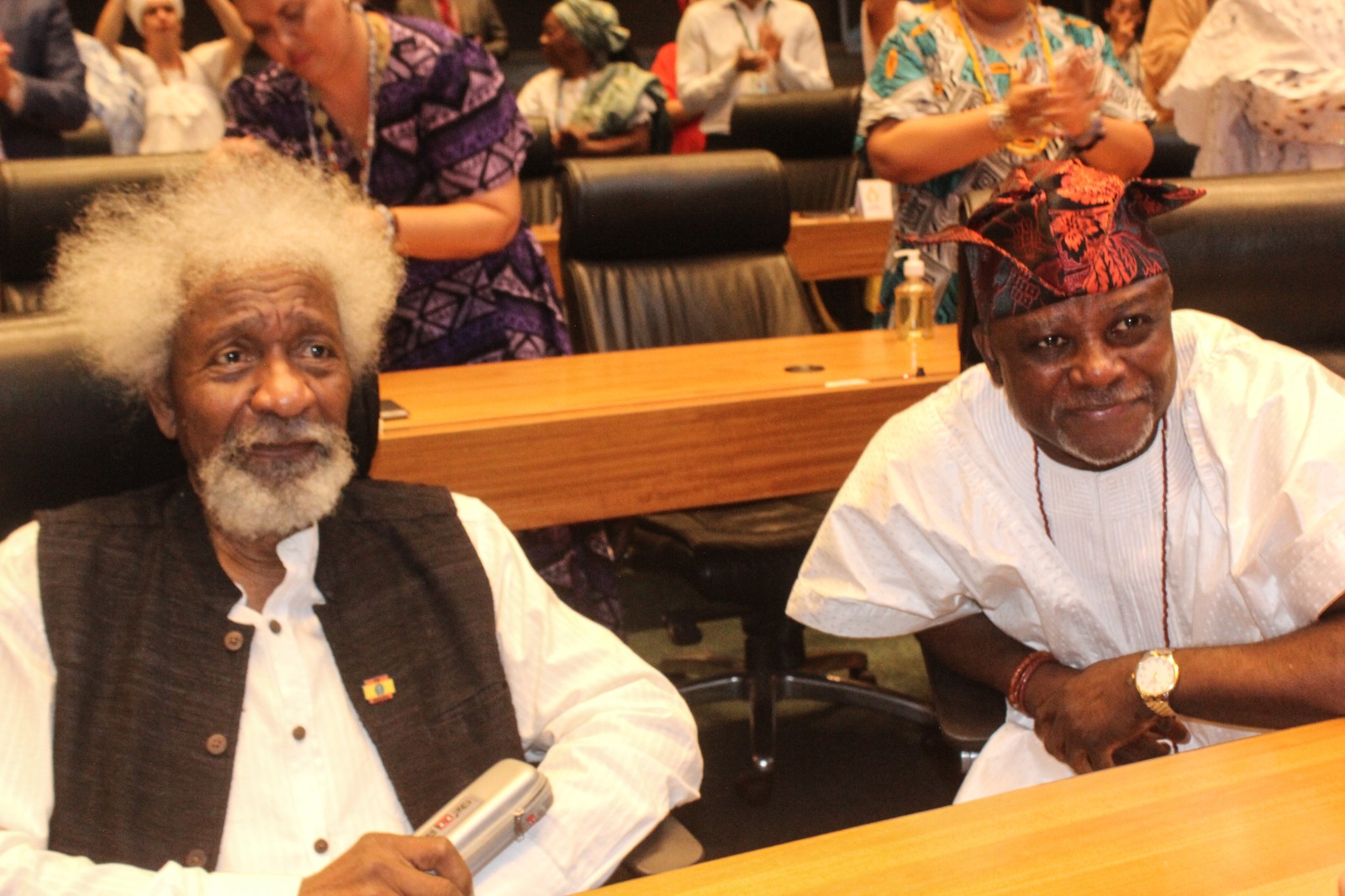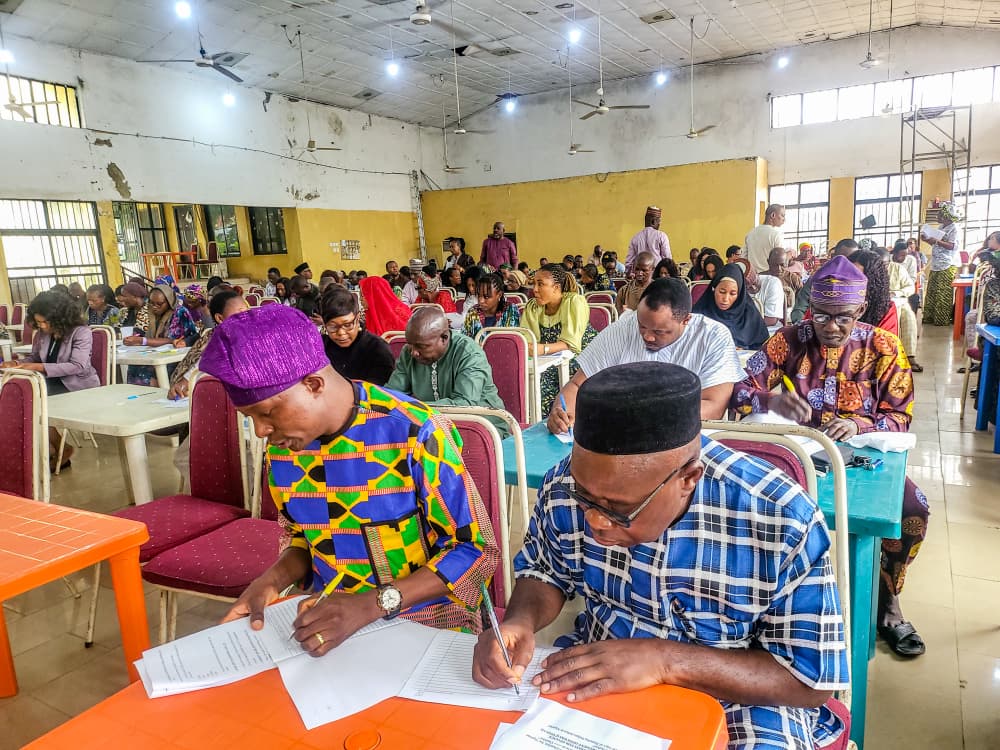The Executive Secretary/CEO, National Institute for Cultural Orientation (NICO), Assoc. Prof. Barclays Foubiri Ayakoroma, has disclosed that the Institute’s Quarterly Public Lecture Series is designed to serve as a platform to draw government attention to the need to develop the culture sector at the state levels.
Ayakoroma made this disclosure in Abuja on Wednesday, 1st March, 2017, when he appeared Live on Radio Nigeria 7am Network News, for an interactive session with Radio Presenters, Mariam Okesanjo and Thomas Bello, on the relevance of the Lecture Series to the development of the Nigerian economy.
According to him, the lecture, which is to be delivered by the Executive Governor of Imo State, Owelle Rochas Okorocha, entitled, “Promoting Culture, Developing the Economy: The Nigerian Perspective””is part of NICO’s sensitization mandate, with a focus on how the promotion of our culture at the states level can contribute significantly towards the development of the Nigerian economy.
His words: “Our thinking is that if Nigeria looks the way of culture and promotes it the way it should be, we will be developing the economy. W are looking at the Nigerian perspective and we felt that there is need for political leaders, top government functionaries, diplomats, to look at this very aspect; and that is why our Distinguished Guest Lecturer is Owelle Rochas Okorocha, the Executive Governor of Imo State”.”
Continuing, “We want to draw the attention of these governors to the need to develop culture at their various state levels so that the economy can grow. We also have the Chairman, Senate Committee on Culture and Tourism, Senator Matthew Urhoghide, as Chairman and the Honourable Minister of Information and Culture, Alhaji Lai Mohammed, as Special Guest of Honour. We expect that as they come, we will share from their experiences.””
Prof. Ayakoroma, who acknowledged that culture contributes significantly to the growth of various segments of countries in the world, however expressed the opinion although there are different figures in the public domain as to the contribution of culture so far to the nation’s Gross Domestic Product (GDP), it is still very difficult to ascertain, stressing that the contribution of culture cannot be easily quantified.
“If you take the Calabar Carnival, for instance, do you know how much came into the country or the state through the services of taxi drivers during that period? How about hotels, food vendors and so on? So, it is not something like oil where you say you have so many barrels per day and this is what we got. The value chain trickles down and it becomes very difficult. But you know, once cultural programmes and activities are taking place, they contributes significantly to the local economy”.”
Caleb Nor
Media Assistant to ES
NICO HQ, Abuja


